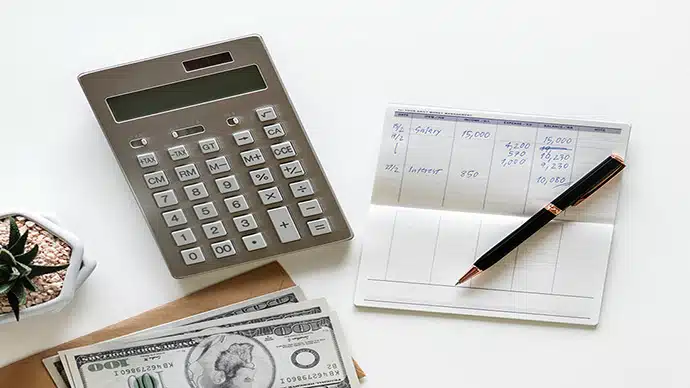
If you’re of millennial age or younger, BILLSHARK knows you’re facing financial pressures not encountered by previous generations, including huge student debt, soaring health and child care costs, and runaway real estate prices, particularly in the entry-level market.
If you’ve begun to despair that you’ll ever be able to own your own home, we’d like to suggest a possible avenue you might not have thought of: a multifamily dwelling. Before you object that you’d never want to be a landlord, take a look at the pros and cons.
What is a multifamily home?
The accepted definition of a multifamily home is any house with separate addresses for each occupant. They could be duplexes, old subdivided Victorian houses, even apartment complexes with hundreds of homes. Typically, though, they’re types of duplexes, which allow you to live in one side (or floor) while someone else lives in the other.
Traditionally a purchase for professional real estate investors, the multifamily investment market is swinging toward first-time buyers who may have been priced out of the single-family market.
Ralph McLaughlin, deputy chief economist at the real estate data firm CoreLogic, calls these type of purchases the “mom and pop” investor segment. He recently told The Washington Post that this type of home sale grew from 48 percent of all investor-purchased homes in 2013 to more than 60 percent in 2018.
“That’s a sharp contrast to the rise in large institutional investors in the years following the [Great Recession],” he said.
Pros
1. Easier financing
The biggest pro for first-time buyers is the ability to buy a home when they might not have been able to do so otherwise. This is because lenders often offer incentives for multifamily units that might not be available on single-family properties. Such incentives can include lower interest rates and lower down payment requirements.
For instance, first-time buyers may qualify for an FHA loan, which requires only a 3.5 percent down payment on the purchase price. If you qualify for a VA loan, you can buy up to a four-unit house with no down payment.
2. Help with your mortgage
This is the other big draw for first-time buyers. While you occupy one unit, you have renters in the other to help pay your mortgage. Depending on the market where you live, they could end up paying your entire PITI (principal, interest, taxes, and insurance).
3. Tax breaks
If the IRS views your purchase as an investment, you can typically write off all the expenses for the rental property, including the mortgage interest, maintenance expenses, and any upgrades you make to the property. You can also usually write off the depreciation.
Cons
1. Repairs
When you’re the owner, you’re responsible for all the repairs on the property, including the roof, windows, appliances, the HVAC system, even the structure itself. This can amount to many thousands of dollars.
2. Vacancies
If you’re counting on your renters to help pay your mortgage, you’ll have to keep the rental unit occupied, which is something you can’t count on. This is why most lenders require you to have at least a year’s worth of rental income saved before the loan is approved. If you keep your rents slightly below-market for the area, this shouldn’t be a problem.
3. The tenants from hell
Probably every landlord in the country has at least one story about tenants who trashed the place, refused to pay rent or who consistently pay late, or hold frequent, large parties, among other horror stories. In most areas, you can’t begin eviction proceedings for 60 days, and even then you may have trouble getting them out of the unit.
Before jumping in
If you decide to try the multifamily housing route, it’s important to do your research. In addition to weighing the pros and cons, be sure to sit down and do some hard figuring on your finances, cash reserves, potential rental income, the neighborhood, and so on.
“When buying a multifamily property as a first-timer, it’s important to know your limits,” Minnesota real estate agent Jason Reed told Realtor.com. “How much of a fixer-upper is too much of a fixer-upper? If you did have to fix up a property, would you have to leave multiple units vacant for a time? Would you be able to manage your [mortgage] payment with this considered?”
He also advises buyers to start small.
“While it might seem like big risks yield bigger rewards, it’s often wise to ensure that you can handle what you’re getting into before you get stuck with a major liability.”
But if you’re having trouble finding a single-family home to purchase, this might just be the answer for you to find an affordable property, reduce your down payment, and generate cash flow.
And if you need to find extra cash, be sure to let BILLSHARK’s professional negotiators review your bills. If we don’t save you money, you pay nothing!


